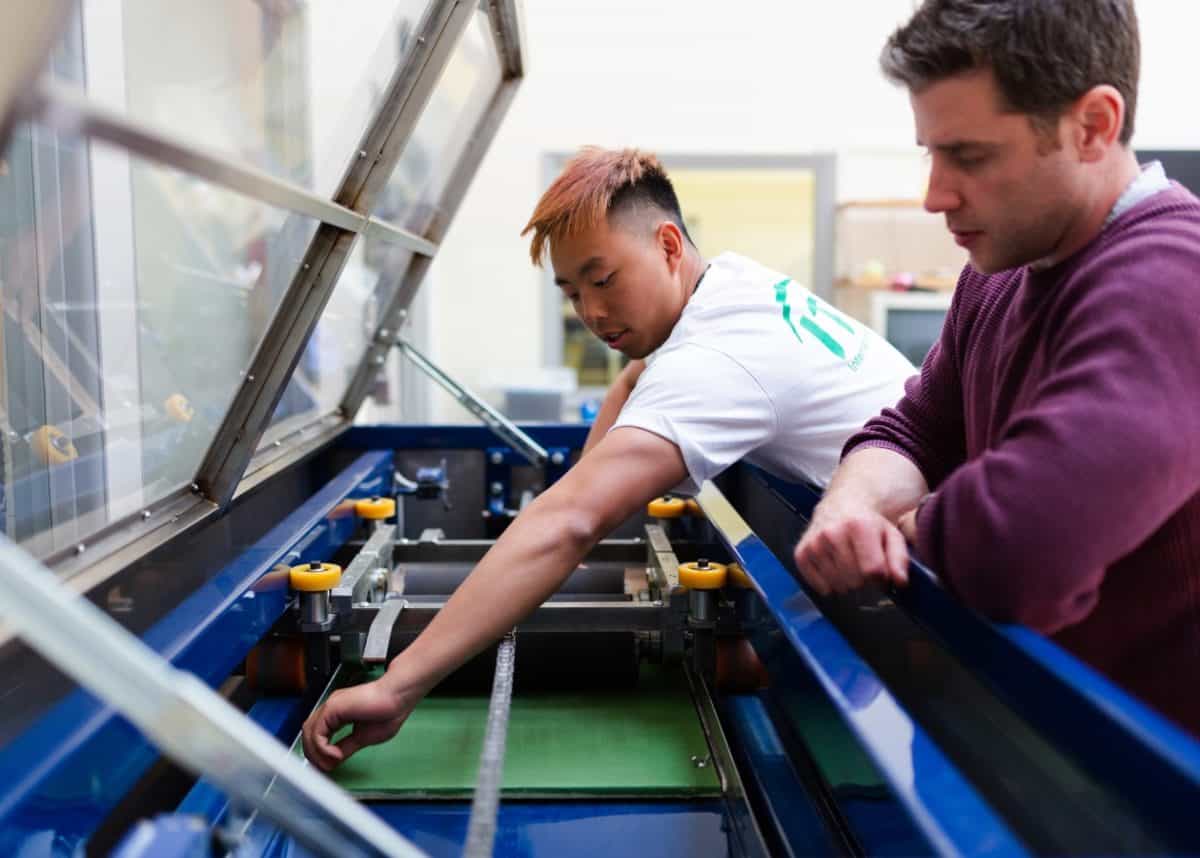Peter Hurley, Victoria University; David G. Lloyd, University of South Australia, and Peter Dawkins, Victoria University
Australia should create a national job cadet program to help young people into work, according to a report released today by the Mitchell Institute.

In the report, Averting an Escalating Labour Market Crisis for Young People in Australia: A Proposed National Job Cadet Program, we highlight the extraordinary labour market challenges young people face.
Our analysis suggests the worst is yet to come, as young people compete for fewer available jobs in the transition from education to the workplace.
To help avert the crisis, we argue Australia should support employers to hire young people as cadets. The evidence shows programs such as these are effective in helping young people into viable careers, including at times of crisis.
What are cadetships?
A cadetship combines formal training with practical work experience that includes some form of paid employment.
Like apprenticeships and traineeships, a cadetship program would mean young people train, study and earn an income. However, our proposed cadetships are aimed at jobs more often associated with diploma or bachelor degree qualifications. These cadetships will focus on areas of study – such as business, information technology and engineering – that are different to traditional trades.
This is similar to the German model of dual training, which combines theory and training embedded in a real-life work environments.
Cadetships can take many forms. We describe two main streams in the table below.
The first stream more closely resembles a traditional apprenticeship or traineeship, and draws on the relevant training provisions in industrial awards. This stream is for more unskilled and non-tertiary-qualified young people.
The second stream is for recent graduates, or those who already have some work experience, but who may need some further supported training to enter the labour market.
Why do we need a cadetship program?
Our research shows the already difficult labour market conditions for young people are likely to get much worse.
Of particular concern is that fewer opportunities to enter the workforce will mean many young people will end up in the category known as “NEET” – “not in employment education or training”. It is the red flag of education-to-work transitions because it is associated with poor long-term outcomes.
These outcomes include higher rates of unemployment and underemployment, and lifetimes of insecure work and low pay.
During the pandemic, about 100,000 more young people became NEET than would normally be the case. The most recent data show a reduction in their number, although it clearly remains higher than before. It is important to place these changes within a wider context.
Australia is experiencing the early economic impact of the coronavirus pandemic. Based on previous recessions, the most negative effects on young people will come progressively as cohorts graduating from education make the transition to the workforce. With lower rates of job creation it becomes harder for them to find work.
Indeed, data show the negative impacts of youth unemployment can linger long after an economic downturn has passed.
These trends suggest Australia may need to tackle the problem of a “bottleneck” forming in the youth labour market. This is when waves of young people try to move from the education system into the labour force.
However, when fewer jobs are available, young people are unable to find employment and a “queue” forms. The result is higher incidences of NEET that can take some time to dissipate.
How much will it cost?
The challenge facing Australia is to create a greater quantity and quality of employment opportunities for young people.
Investing in cadetships for young people will help meet this difficult challenge.
To support businesses to hire cadets, we argue the Australian government should subsidise their wages. Wage subsidies have been shown to be effective in creating extra employment.
We believe subsidies up to A$28,000 will help create the extra high-quality employment opportunities young people need. This matches the current support provided to certain employers of apprentices and trainees. The final amount an employer receives can be adjusted according to criteria such as the size of the business or amount of skills development required to do the job.
While cadetships will cost money, the cost of doing nothing is enormous. The OECD estimates the cost to the Australian economy of young people not being in education, training or employment is about 1% of GDP, or about A$40,000 per person per year.
Ultimately, the investment we make now in a job cadet program will deliver long-term rewards.
Peter Hurley, Policy Fellow, Mitchell Institute, Victoria University; David G. Lloyd, Vice-Chancellor and President, University of South Australia, and Peter Dawkins, Vice Chancellor, Victoria University
This article is republished from The Conversation under a Creative Commons license. Read the original article.












